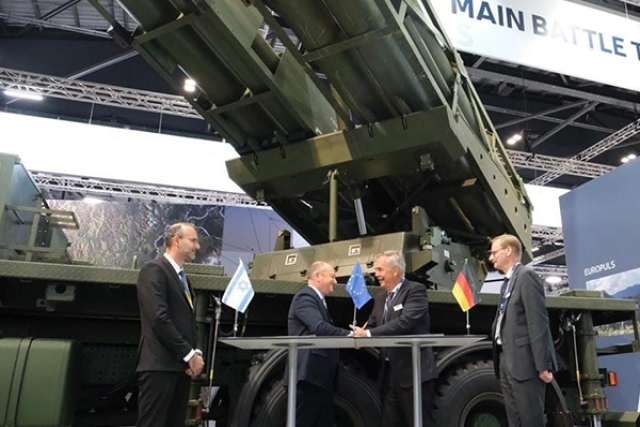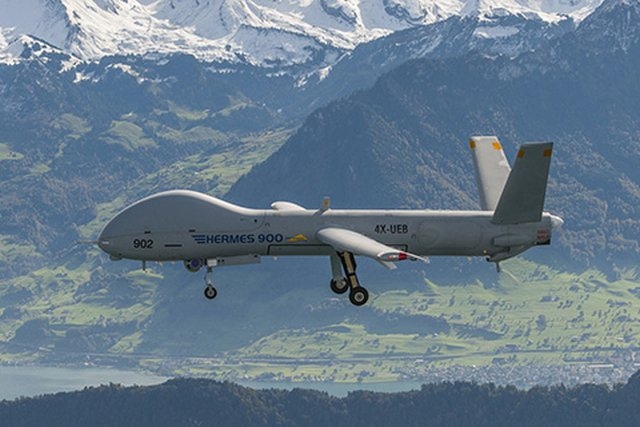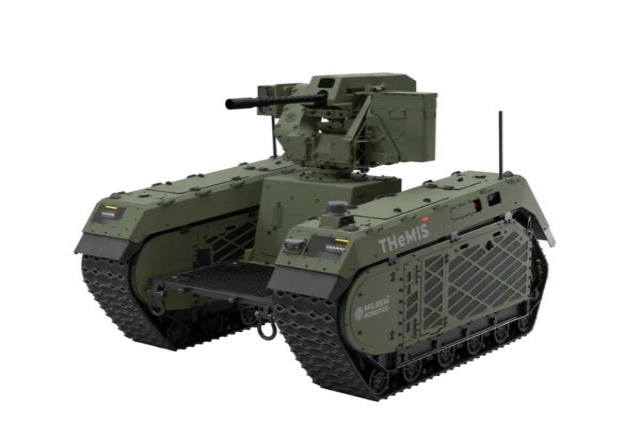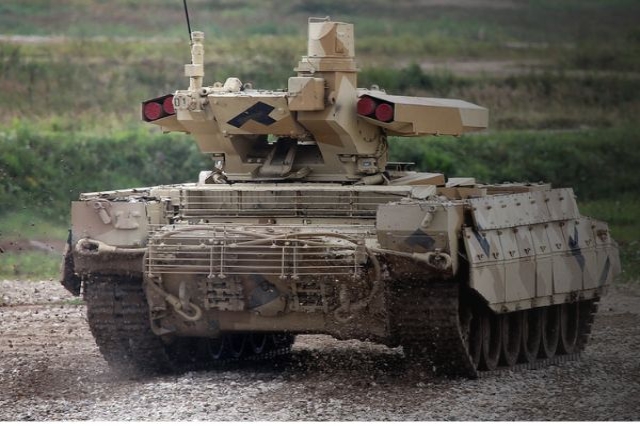German Parliament Approves Purchase of Israel's EuroPULS Rocket Systems
This decision ends a competitive bidding process, which included a rival offer by Lockheed Martin and Rheinmetall for their GMARS system.
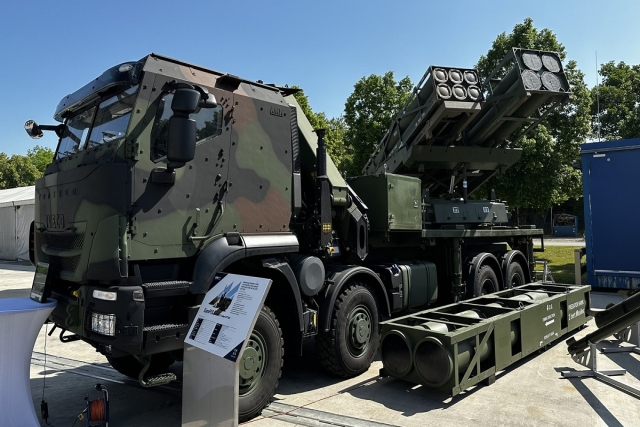
Germany’s parliament has approved the purchase of the first batch of EuroPULS multiple launch rocket systems (MLRS), valued at $68 million.
These systems will replace U.S.-made M270 systems sent to Ukraine, according to Defense News.
The initial order includes five EuroPULS systems, developed by Israeli firm Elbit Systems in partnership with German-French contractor KNDS. The selection of EuroPULS concludes a competitive race between Elbit-KNDS and a joint offering by Lockheed Martin and Rheinmetall. Lockheed and Rheinmetall had proposed GMARS, which featured Lockheed’s Guided MLRS (GMLRS) rockets, but the German Ministry of Defense deemed their prototype insufficiently developed.
The adoption of the EuroPULS system aligns with Germany's efforts to integrate its artillery forces with the Netherlands, which has previously procured the same system.
“The Dutch army is deeply integrated into German army structures, and the use of a common weapon system will enable further cooperation,” the spokesman noted. The system’s flexibility in allowing user nations to select their preferred munitions further influenced Berlin's choice.
A key unresolved issue is whether Germany can integrate U.S.-made GMLRS rockets with the EuroPULS fire-control software. While Elbit has assured Berlin that its system supports these munitions, such integration requires U.S. political approval.
“Germany is in close coordination with the United States,” the defense ministry spokesman said. However, Lockheed Martin executives have previously asserted that their MLRS family of munitions cannot be integrated into the EuroPULS system.
The decision also affects access to the U.S. Precision Strike Missile, a long-range weapon boasting a range of over 500 kilometers. Lockheed has indicated that such access would not be possible with EuroPULS.
Germany’s move comes amid rising demand for munitions across Europe. In September, Elbit Systems partnered with Germany’s Diehl Defence to support EuroPULS users. Additionally, European missile maker MBDA is expanding its offerings in long-range guided munitions, aiming to bolster Europe’s defense capabilities against Russia.
